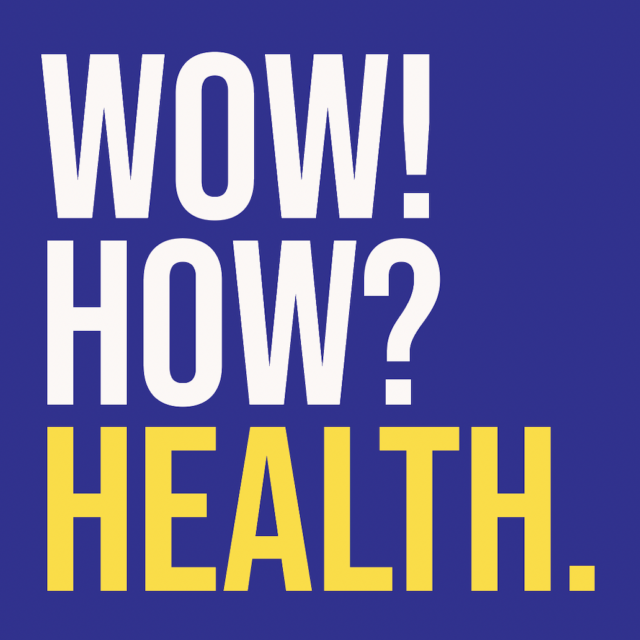Today is the one-year anniversary of the publication of my book, Rebel Health. To celebrate, I am inviting you to listen to my favorite conversation about why I wrote it and what lessons we can all draw from the patient-led revolution. Emily Silverman, MD, is the host of The Nocturnists. She suggested that I start […]
diabetes
Discovery Diaries with Damon Davis
Damon Davis has a new podcast, Discovery Diaries, and I was honored be among his first guests. We got into a wide range of topics: the origins of my interest in patient-led innovation; artificial intelligence and how patients, survivors, and caregivers should be included in the design of AI tools; our time working together at […]
Wow! How? Patient Data Rights
Until relatively recently, people living with diabetes were shut out of conversations about improving the devices that keep them alive. Device manufacturers saw clinicians as their customers, not patients, and nobody was asking them to change that stance, including the FDA. Patients and their loved ones were grateful to have insulin pumps and continuous glucose […]
Transforming research participation
Below is a letter I wrote in response to Tania Simoncelli’s article, “From Bedside to Bench and Back,” (Issues in Science and Technology, Summer 2023). Read all the responses here. Biomedical research has blind spots that can be reduced, as Tania Simoncelli writes, by “centering the largest stakeholders in medicine—the patients.” By focusing on rare […]
Should peer health community moderators get paid?
Evidence is piling up in favor of peer health communities. The question is: How do we sustain them for the long-term? Here are 3 studies (of many) about the benefits of peer-to-peer health advice: A survey of the #bcsm community found that participation lowered people’s anxiety and increased their overall knowledge of breast cancer. A survey of […]
Inventing the future
If you want to meet the future faster, go out to the edges of your field of vision. Find out what pioneers and rebels are doing and learn from them. Sometimes that means taking a virtual helicopter ride up to the zenith of tech development, as I did recently, watching Dario Gil, SVP and Director […]





Recent Comments